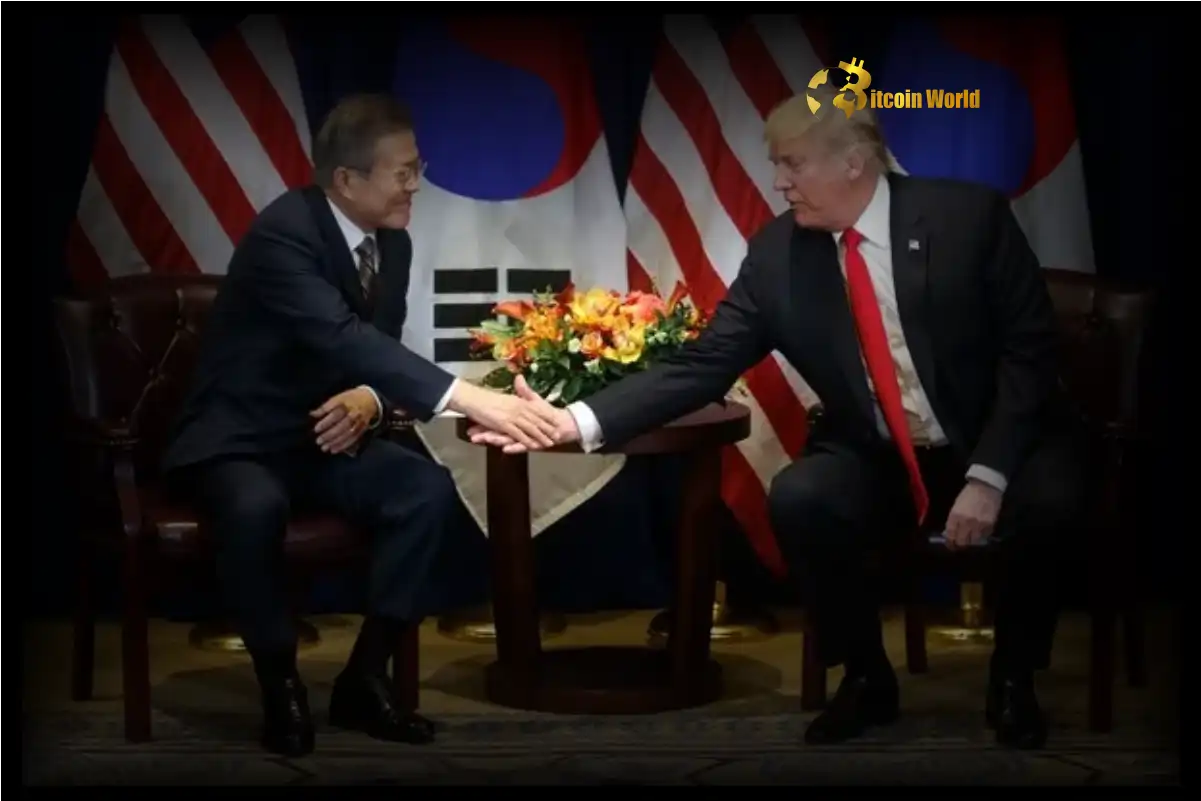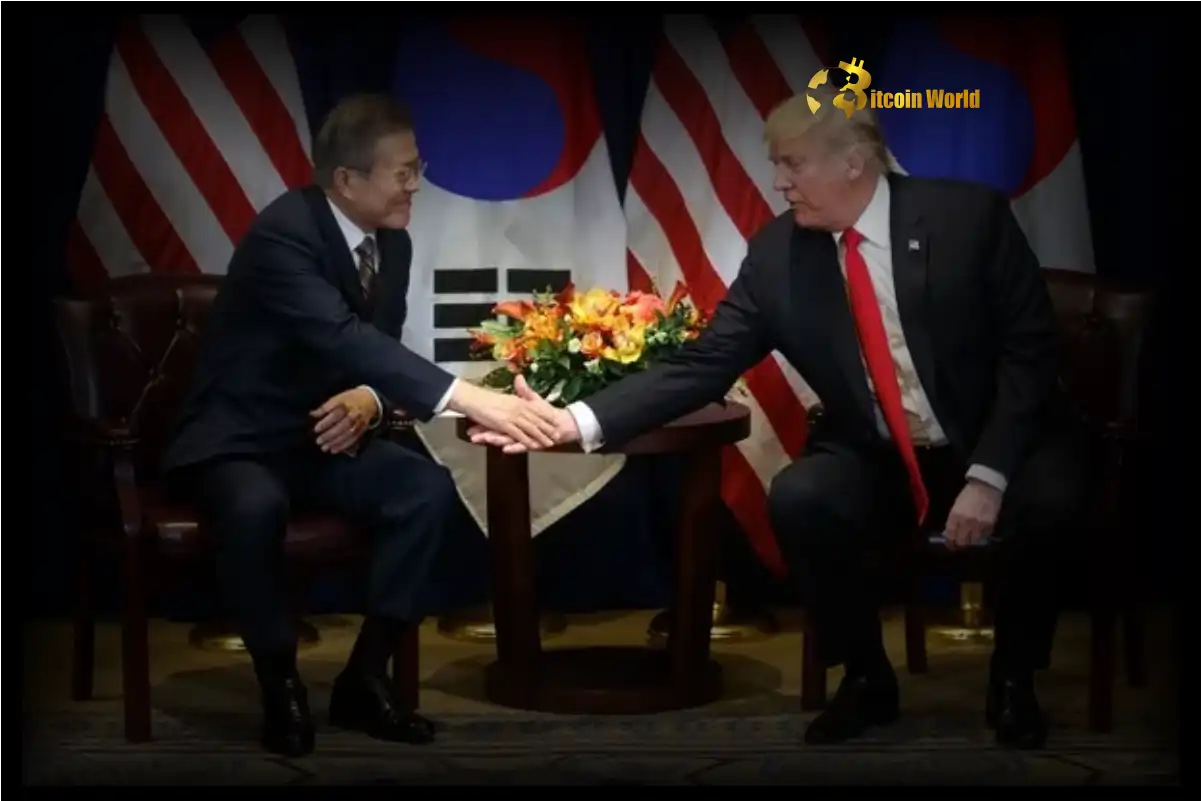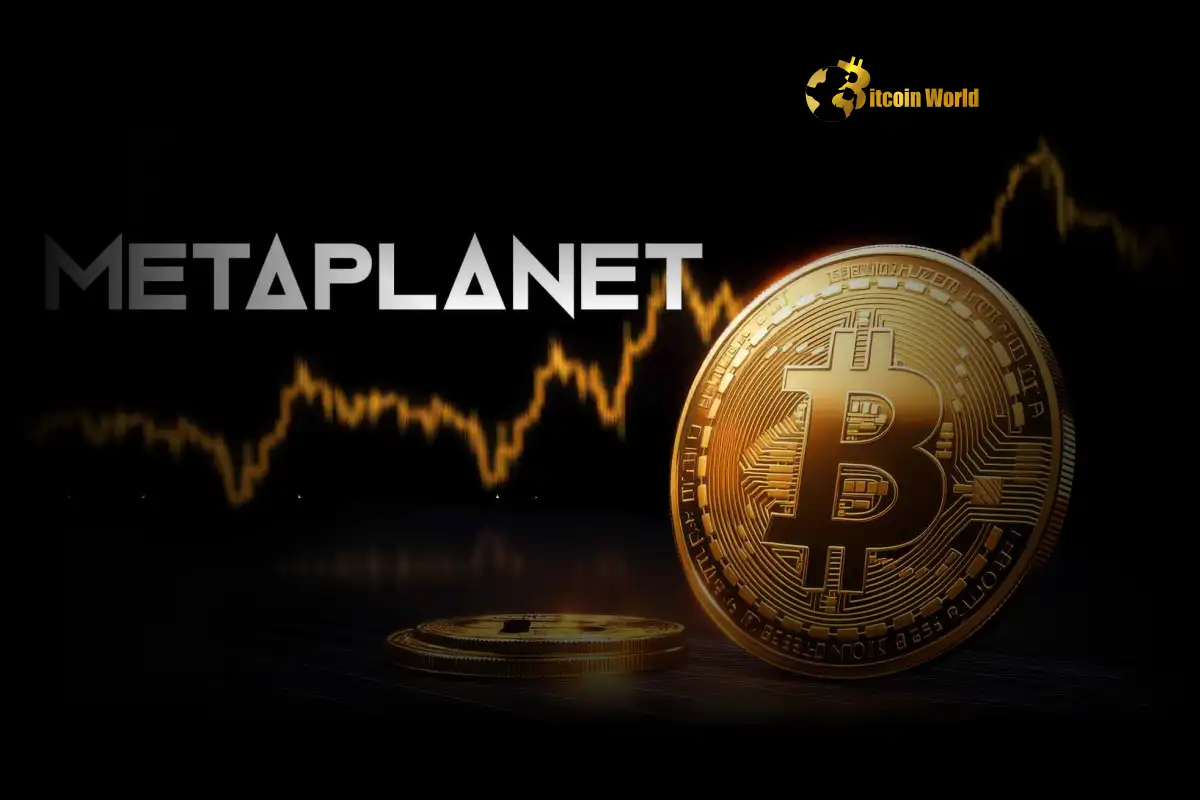Buckle up, crypto enthusiasts! The winds of change might be blowing from South Korea, a nation already known for its fervent embrace of digital currencies. A prominent figure in South Korean politics, Hong Joon-pyo, a presidential primary candidate from the People Power Party, has thrown his hat into the ring with a promise that’s sure to resonate with the crypto community worldwide: a Trump-style deregulation push for the burgeoning cryptocurrency and blockchain sector. Is this the dawn of a new era for South Korea crypto, or just political rhetoric? Let’s dive into the details of this electrifying development.
What’s the Buzz About Hong Joon-pyo’s Crypto Policy?
According to reports from Yonhap news agency, during a recent policy forum, Hong Joon-pyo articulated his vision for the future of digital assets in South Korea. His central pledge? To significantly roll back the existing crypto regulations that many in the industry perceive as stifling innovation and growth. He explicitly referenced the regulatory approach of the Trump administration in the United States as a model, suggesting a desire to create a more permissive and business-friendly environment for cryptocurrencies and blockchain technologies. This bold stance is generating considerable excitement and speculation within both the Korean and international crypto spheres.
Here’s a breakdown of Hong Joon-pyo’s key promises:
- Deregulation Drive: A commitment to drastically reduce the burden of current crypto regulations, aiming for a more innovation-centric approach.
- Trump Administration Model: Drawing inspiration from the perceived crypto-friendly policies enacted during Donald Trump’s presidency.
- Blockchain in Government: Promoting the integration of blockchain adoption across various government services to enhance efficiency and transparency.
- Virtual Assets as an Industry: Recognizing and fostering virtual assets as a distinct and legitimate industry sector, rather than treating them with excessive caution or suspicion.
Why Trump-Style Crypto Deregulation?
The reference to the Trump administration’s approach is particularly noteworthy. During Trump’s time in office, the U.S., while not entirely without regulatory oversight, generally adopted a less restrictive stance compared to some other major economies. This allowed for significant growth and innovation within the American crypto industry. Hong Joon-pyo seems to believe that a similar strategy could unlock the immense potential of the South Korea crypto market and propel the nation to the forefront of the global digital asset revolution.
Comparing Regulatory Philosophies:
| Approach | Characteristics | Potential Benefits | Potential Challenges |
|---|---|---|---|
| Strict Regulation | Heavy compliance requirements, stringent KYC/AML, potential bans or limitations on certain crypto activities. | Enhanced investor protection, reduced risk of illicit activities, greater financial stability. | Stifled innovation, hindered market growth, exodus of crypto businesses to more favorable jurisdictions. |
| Deregulation (Trump-Style) | Lighter regulatory touch, focus on fostering innovation, industry self-regulation, emphasis on economic growth. | Rapid industry growth, increased investment, technological advancements, job creation in the crypto sector. | Increased risk of scams and market manipulation, potential for illicit activities, concerns about investor protection. |
The Potential Benefits of Blockchain Adoption in Government
Beyond just cryptocurrencies, Hong Joon-pyo’s commitment to blockchain adoption within government services holds significant promise. Blockchain technology, renowned for its security, transparency, and efficiency, can revolutionize numerous public sector operations.
Examples of Blockchain in Government:
- Secure Identity Management: Creating tamper-proof digital identities for citizens, streamlining access to government services and reducing identity fraud.
- Transparent Voting Systems: Implementing blockchain-based voting to enhance election security and voter trust by providing an auditable and immutable record of votes.
- Efficient Land Registry: Using blockchain to create a secure and transparent land registry system, reducing disputes and streamlining property transactions.
- Supply Chain Management: Tracking and managing government supply chains with greater transparency and accountability, ensuring efficient resource allocation and reducing corruption.
Challenges and Considerations
While the prospect of a crypto-friendly presidential crypto policy in South Korea is exciting, it’s crucial to acknowledge the potential challenges and considerations. Deregulation, while potentially fostering innovation, also carries inherent risks. Concerns about investor protection, market manipulation, and the use of cryptocurrencies for illicit activities are valid and need to be addressed thoughtfully.
Key Challenges:
- Investor Protection: Ensuring adequate safeguards for retail investors against scams and market volatility in a less regulated environment.
- Combating Illicit Activities: Preventing the use of cryptocurrencies for money laundering, terrorism financing, and other illegal activities without overly stifling legitimate innovation.
- Market Volatility: Managing the inherent volatility of the crypto market and mitigating potential risks to the broader financial system.
- International Compliance: Balancing domestic deregulation with international standards and regulations to maintain global financial integrity.
Hong Joon-pyo Crypto: A Game Changer for South Korea?
The pronouncements from Hong Joon-pyo crypto campaign are undoubtedly a significant development for the South Korean digital asset landscape. His vision of mirroring the Trump administration’s regulatory approach and actively promoting blockchain adoption signals a potentially dramatic shift in government policy. Whether this translates into a full-fledged crypto boom in South Korea remains to be seen. Much will depend on the specifics of his policy proposals, the level of support he garners, and the broader political and economic context.
However, one thing is clear: Hong Joon-pyo is betting big on crypto and blockchain. His presidential crypto policy platform is a clear signal to the crypto industry – South Korea might be about to become a significantly more welcoming and fertile ground for digital innovation. For crypto enthusiasts and businesses watching from around the globe, this is a story that’s definitely worth keeping a close eye on.
To learn more about the latest crypto market trends, explore our article on key developments shaping Ethereum price action.
[ad_2]
Source link






